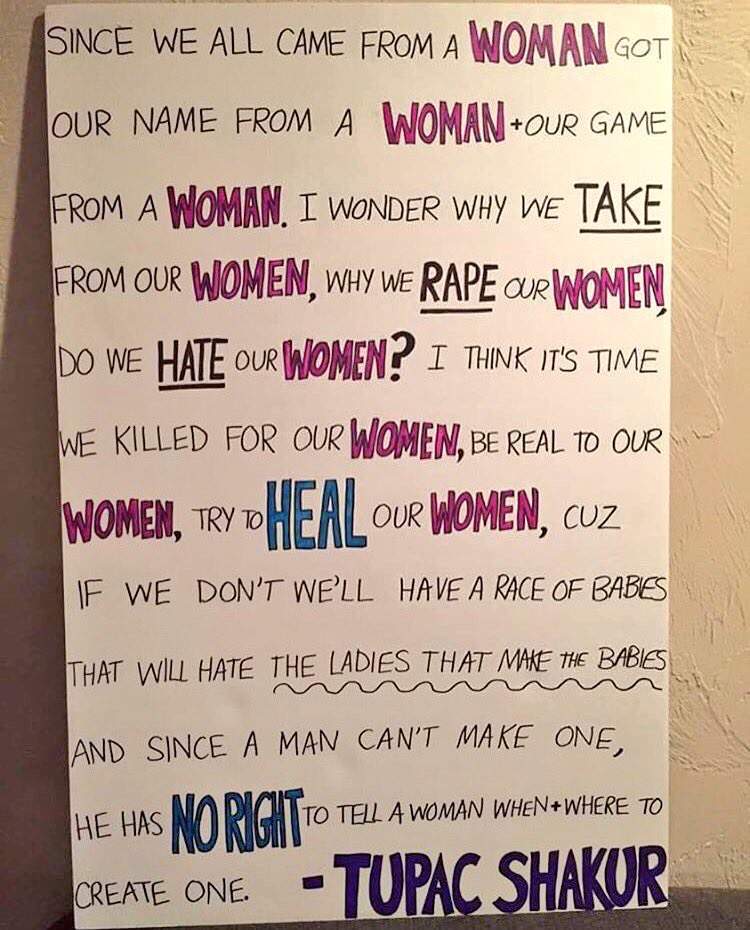
Today, the Fawcett Society, the UK’s largest charity campaigning for gender equality, launched a review into Britain’s sex discrimination laws amid fears that Brexit will “turn the clock back” on women’s rights.
“Despite what the prime minister and other ministers have said about protecting women’s rights, when we come to the point of negotiating the Brexit deal, the UK is not going to be in a strong position,” Sam Smethers, chief executive of the Fawcett Society told Verdict.
“The bigger prize for Theresa May will be competitiveness and trying to preserve the function of the British economy. The government could very well see women’s rights as something they’ll just have to sacrifice. So that’s why we have launched this review today because we need to proactively engage with the government’s Brexit agenda.”
The review, headed by Dame Laura Cox DBE, a retired High Court Justice will consider the effectiveness of the current anti-discrimination laws as well as making recommendations for new legislation.
Reducing the gender pay gap, tackling rising misogyny, and improving maternity rights will some of key areas under discussion.
“This isn’t just about protecting what we have, it’s also about addressing gaps or uncertainties in the laws currently in place and ensuring that women have access to the law,” said chair of the review panel, Dame Laura Cox DBE in an official statement.
How well do you really know your competitors?
Access the most comprehensive Company Profiles on the market, powered by GlobalData. Save hours of research. Gain competitive edge.
 Company Profile – free sample
Company Profile – free sampleThank you!
Your download email will arrive shortly
Not ready to buy yet? Download a free sample
We are confident about the unique quality of our Company Profiles. However, we want you to make the most beneficial decision for your business, so we offer a free sample that you can download by submitting the below form
By GlobalData
“For example, a woman of colour, or an older woman, cannot bring a discrimination claim on the grounds of their dual identity. Is that acceptable in the 21st century? Is it acceptable that misogyny is not recognised as a hate crime? And we still have a gender pay gap, which is acknowledged to be unacceptable. How best can our laws be improved so as to assist in closing it? These are the kinds of issues we will be considering.”
Leading equality law experts will sit on the review panel, which will report in the autumn after nine months of consultation.
“What we need is a framework which gets the balance right between the rights of the individual and the responsibilities of the organisation. At the moment I think we are failing on both counts so things need to change,” added Smethers.





